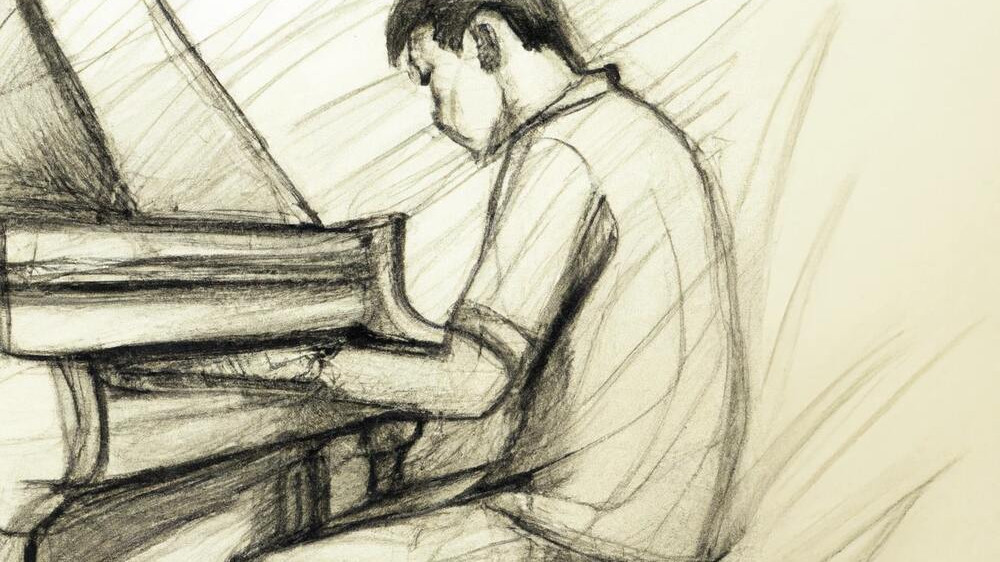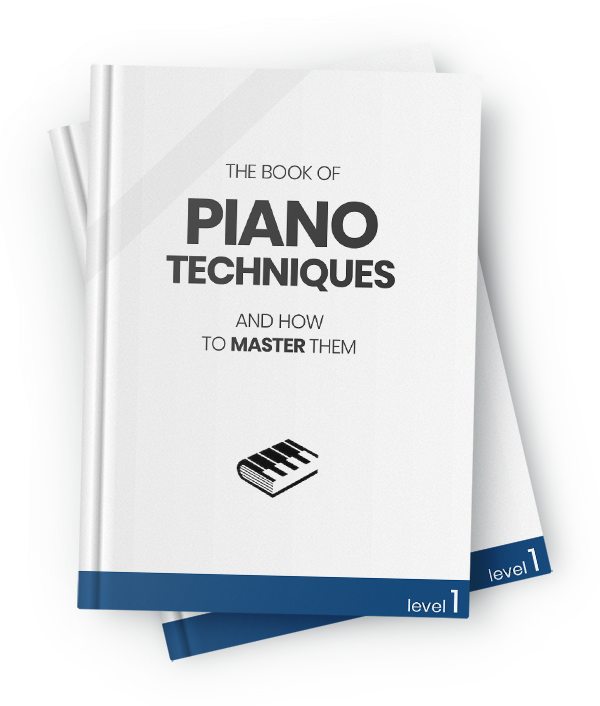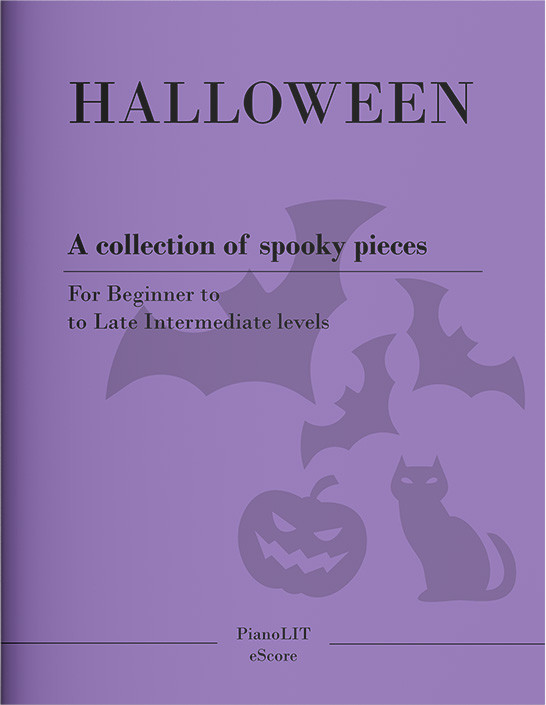RCM, what it is and how it can help you
The Royal Conservatory of Music (RCM) offers a wide range of programs and resources for piano teachers and students, including a graded examination program, teacher training, and professional development opportunities.
Jan 23, 2023 • 8 min read
6351

Want a heads up when a new story comes out?
The Royal Conservatory, or RCM, is a respected institution that has been providing comprehensive music education and curriculum for over a century. Founded in 1886 in Toronto, Canada, the RCM has a long and rich history that is closely tied to the development of music education in Canada and around the world.
The RCM was established by Dr. Edward Fisher, a prominent musician and educator who had a vision of creating a world-class music education institution in Canada. Dr. Fisher worked tirelessly to raise funds and build support for the establishment of the RCM, which was officially incorporated in 1887.
The early years of the RCM were marked by rapid growth and expansion, as the institution quickly established itself as a leading center for music education in Canada. In 1890, the RCM received its royal designation from Queen Victoria, becoming the first music education institution in Canada to be granted such an honor.
Throughout the 20th century, the RCM continued to evolve and grow, expanding its programs and resources to meet the changing needs of students and teachers. In the 1950s, the RCM introduced its graded examination program, which has since become one of the key offerings of the institution.
Today, the RCM is a world-renowned institution that provides a wide range of programs and resources to help piano teachers and students improve their skills and achieve their goals. With its graded examination program, teacher training programs, professional development opportunities, and a vast library of educational materials, the RCM is an invaluable resource for anyone interested in music education.
In summary, The Royal Conservatory of Music (RCM) was founded in 1886 in Toronto, Canada, by Dr. Edward Fisher, a prominent musician and educator. The Royal designation was given in 1890 by Queen Victoria. Since then it has been providing comprehensive music education and curriculum for students and teachers of all levels, and has been expanding its programs and resources throughout the years. It continues to be a world-renowned institution that provides a wide range of programs and resources to help piano teachers and students improve their skills and achieve their goals.
One of the key offerings of the RCM is its graded examination program, which provides a structured and standardized way for students to measure their progress and gain recognition for their achievements. The program covers a wide range of levels, from beginner to advanced, and includes assessments of technical skills, sight-reading, and performance.
The RCM also offers a variety of resources for teachers, including teacher training programs, professional development opportunities, and a vast library of educational materials. These resources can help teachers stay up-to-date with the latest teaching methods and techniques, and provide them with the tools they need to help their students succeed.
In addition to its examination program and resources for teachers, the RCM also provides a wide range of music education resources for students. These include online courses, tutorials, and practice tools, as well as a variety of music-related events and competitions.
Overall, the RCM is an invaluable resource for piano teachers and students. Its graded examination program provides a clear and measurable way for students to track their progress and achieve recognition for their achievements, while its resources for teachers and students can help them improve their skills and achieve their goals. If you are a piano teacher or student, I highly recommend checking out the RCM's resources and seeing how they can benefit you.
How to take the graded exams
Participating in the Royal Conservatory's (RCM) graded examination program is a great way for students to measure their progress and gain recognition for their achievements. Here is a step-by-step guide on how to participate in the program:
- Familiarize yourself with the program: Before registering for an examination, it is important to familiarize yourself with the program's requirements and expectations. You can find detailed information about the program, including the syllabus and the level of difficulty for each grade, on the RCM's website.
- Choose your level: The RCM examination program covers a wide range of levels, from beginner to advanced. You should choose the level that best matches your current skill level and goals.
- Find a teacher: To participate in the program, you will need to find a qualified teacher who can prepare you for the examination. Your teacher will guide you through the syllabus, provide feedback on your progress, and help you prepare for the examination.
- Register for the examination: Once you have found a teacher and determined the level at which you would like to take the examination, you can register for the examination by visiting the RCM's website. You will need to provide your personal information, as well as the information of your teacher.
- Prepare for the examination: With the help of your teacher, you will need to prepare for the examination by practicing and studying the material covered in the syllabus. Your teacher will help you identify your strengths and weaknesses and provide feedback on your progress.
- Take the examination: The examination will consist of two parts: a written theory test and a practical performance test. You will be evaluated on your technical skills, sight-reading, and performance.
- Receive your results: After the examination, you will receive your results and a certificate indicating your level of achievement. If you pass the examination, you will be recognized for your achievement and can move on to the next level.
By following these steps, you can participate in the RCM's graded examination program and gain recognition for your achievements. Remember that the RCM also offers a variety of resources for teachers and students to help them improve their skills and achieve their goals.


